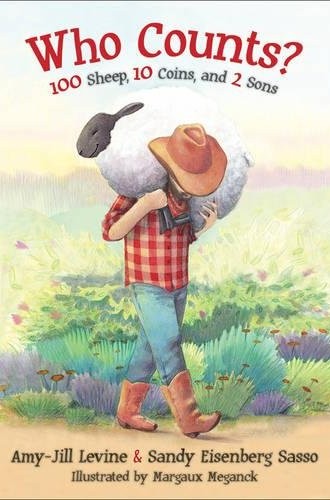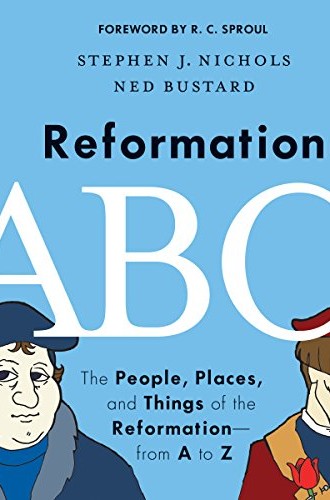Everybody counts. Even the Lollards.
A counting book that retells Jesus’ parables and a Reformation-themed alphabet book are among my favorite new children’s books.
There’s no shortage of picture books based on Luke’s account of the lost sheep, lost coin, and prodigal son. But Amy-Jill Levine and Sandy Eisenberg Sasso’s may be the first one to include a note to parents warning against the subtle anti-Jewish messages that often attend allegorical readings of these parables. The traditional Christian reading of the parables as an allegory for repentance and forgiveness risks portraying the God of Christianity as more merciful and loving than the God of Judaism. Further, the authors explain, such an allegorical reading would have been foreign to the original audience:
That audience would not think that the man who lost his sheep, the woman who lost her coin, or the father who lost his older son were symbols for God. This is because God doesn’t lose us. Nor would they think of the sheep and the coin as examples of repenting, because sheep and coins don’t repent. In our reading, the three stories are connected. The first two stories set up the third. The main message is about counting, searching for what is missing, and celebrating becoming whole again.
Levine and Sasso’s simple prose, set alongside Margaux Meganck’s culturally-sensitive illustrations, creates an expansive vision in which everybody counts. From sheep to coins to human beings, the message is that it’s worth searching for those who are lost. After carrying the exhausted lost sheep home on his shoulders, the man smiles and comments, “One sheep makes a difference. Without her, something is missing. Now my flock is complete.” Similarly, when the prodigal son’s father realizes that he has “discounted” his older son, he says “I love you” and asks him to join the party. “Without you,” he admits, “something is missing. With you, our family is complete.”







